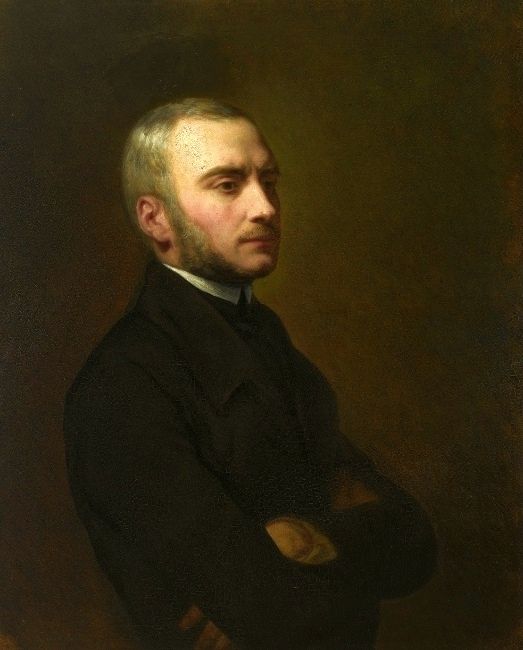Born in Paris on the 19th of February, 1812. He was educated at home and then at the Warsaw Lyceum. He discontinued his law studies in Warsaw because of the outbreak of the November Uprising; he did not, however, join the insurgents but went to Switzerland to continue his education. Influenced by his father, a Napoleonic general, senator, and voivode in the Congress Poland, who envisaged a diplomatic career for his son, after the fall of the uprising he returned to the Polish Kingdom for a short time and was even introduced to Tsar Nicholas I Romanov. Then he went abroad again to remain outside of his homeland almost to the end of his life - mainly in France and Italy, where he collaborated with the Conservative circle rallied around Prince Adam Jerzy Czartoryski (the ‘Hôtel Lambert’ camp). He is counted among the Three National Bards of Poland as the author of historical novels and stories such as Masław, Książę mazowiecki, and Władysław Herman i jego dwór; of historiosophic ‘Christian dramas’ referring to the philosophical traditionalism typical of the circles of the French counter-revolutionaries and German representatives of Romanticism - Nie-Boska Komedia (The Un-Divine Comedy; edited anonymously in 1835) and Irydion (1836), and of the work Trzy myśli pozostałe po śp. Henryku Ligenzie (1840), which included his controversial treatise O stanowisku Polski z bożych i ludzkich względów (published posthumously in 1912). In his prophetic poem Przedświt (1843) and in Psalmy przyszłości (1845), issued under the pen-name of Spirydion Prawdzicki (and in the second edition, three years later, supplemented with the Psalm żalu and Psalm dobrej woli), which constituted his polemics with the standpoint of Henryk Kamieński, Krasiński emphatically expressed his concern for the political condition of Europe endangered by the nihilistic and uncivilised tsarist Russia and by the political radicals of the West, who intended to overthrow the State of the Church and the traditional political order. Traces of similar sentiments can also be found in several political memorials by Krasiński and in the polemics provoked by Aleksander Wielopolski’s List szlachcica polskiego do księcia Metternicha. Krasiński died in Paris on the 23rd of February, 1859.

